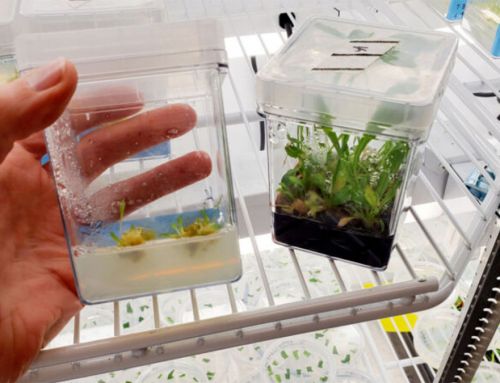MINNEAPOLIS-ST. PAUL, MN/EMERYVILLE, CA, September 14, 2023 – BioMADE today announced nine new leading-edge projects that will advance Department of Defense supply chain resiliency and sustainability goals, re-shore manufacturing jobs to the U.S., and enhance the domestic bioindustrial manufacturing ecosystem. These innovative projects will produce natural rubber for a variety of military and commercial applications, convert waste into novel bioplastics, produce and evaluate healthy proteins and oils for the warfighter, and equip the next generation of the bioindustrial manufacturing workforce with the skills they need to be successful.
“These projects will help unlock the benefits of bioindustrial manufacturing for all Americans – from everyday consumers to farmers to warfighters,” said Dr. Douglas Friedman, Chief Executive Officer at BioMADE. “By creating new products and transforming how we domestically manufacture existing products, these projects – and the bioindustrial manufacturing industry at large – have the potential to positively impact nearly every aspect of our lives.”
Bioindustrial manufacturing harnesses the power of biology to manufacture the goods that Americans use every day. By starting with feedstocks grown by American farmers, bioindustrial manufacturing creates more robust and resilient supply chains with fewer international dependencies. Products such as industrial chemicals, durable fibers and fabrics, growable cement, fire-resistant composite materials, and food-grade proteins can all be produced through bioindustrial manufacturing. Several of these products have both commercial and important military applications that can be produced sustainably.
“These projects represent the breadth and depth of what can be accomplished with bioindustrial manufacturing,” said Dr. Melanie Tomczak, Head of Programs and Chief Technology Officer at BioMADE. “These innovations can play a key role in enhancing our military readiness, strengthening domestic supply chains, supporting American farmers, and creating jobs in rural communities.”






